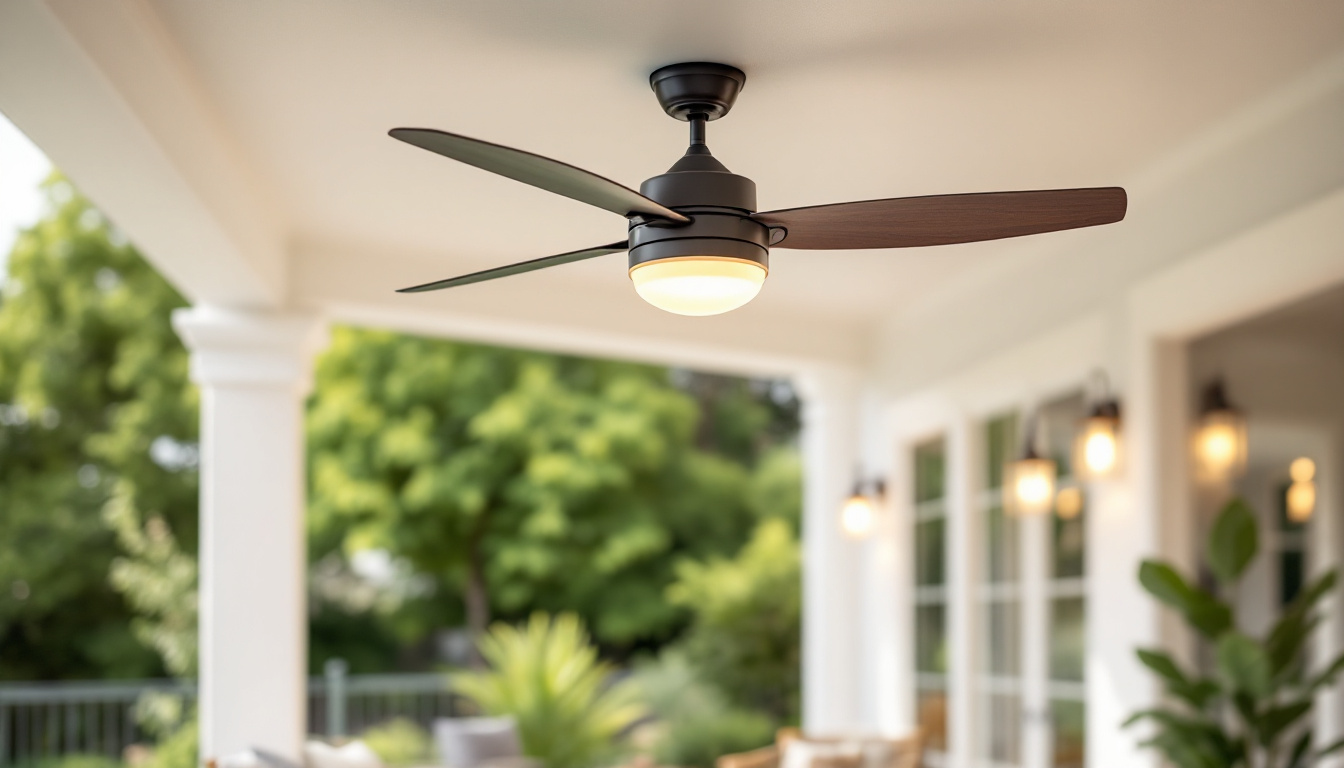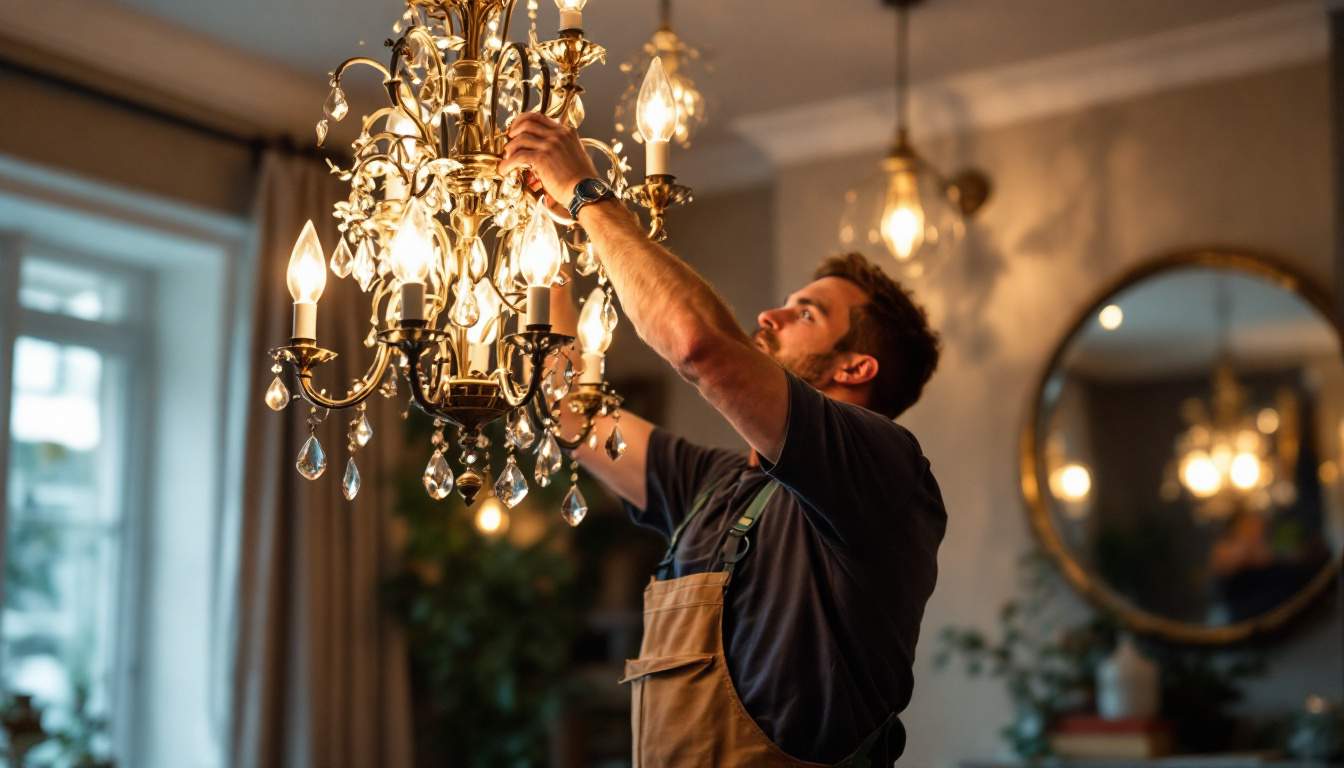
In the ever-evolving world of lighting design, contractors are faced with a myriad of choices when it comes to selecting light fixtures. With an array of styles, functionalities, and technologies available, understanding how to navigate this landscape is crucial for success. This article provides essential tips for lighting contractors to master the art of selecting and selling light fixtures, ensuring they meet client needs while maximizing profitability.
Before diving into the selection of light fixtures, it is imperative for lighting contractors to fully understand the unique needs of their clients. This involves engaging in meaningful conversations to uncover their preferences, requirements, and the intended atmosphere of the space.
Consultations serve as the foundation for a successful lighting project. During these discussions, contractors should ask open-ended questions that encourage clients to express their vision. Understanding the purpose of the space—whether it is for residential, commercial, or industrial use—will guide the selection process.
Additionally, discussing the client’s aesthetic preferences, such as modern, traditional, or eclectic styles, can help narrow down fixture choices. It is also beneficial to inquire about any existing design elements that need to be complemented or highlighted with the new lighting. Furthermore, contractors should take the time to explore the emotional impact of lighting on the space. For example, a well-lit area can evoke feelings of warmth and comfort, while a dimly lit space might create an intimate atmosphere. By tapping into these emotional nuances, contractors can better align their lighting solutions with the client’s vision.
Beyond aesthetics, functionality plays a critical role in lighting design. Different spaces require different types of illumination. For instance, a kitchen may need bright, focused lighting for tasks, while a living room might benefit from softer, ambient lighting.
Contractors should also consider the technical requirements of the fixtures, including energy efficiency, color temperature, and dimming capabilities. Understanding these elements will not only satisfy client expectations but also enhance the overall performance of the lighting system. Moreover, it is essential to discuss the layout of the space and how lighting can be strategically placed to minimize shadows and maximize visibility. For example, in workspaces, task lighting can be positioned to reduce glare on screens, while accent lighting can be used to highlight artwork or architectural features. By taking a holistic approach to both functionality and design, contractors can create a lighting scheme that is not only visually appealing but also practical and efficient for everyday use.
Once client needs are clearly defined, the next step is to select the right fixtures. This process involves balancing aesthetics, functionality, and budget constraints to deliver an optimal lighting solution.
The market offers a diverse range of light fixtures, each serving different purposes. From recessed lighting and track lights to chandeliers and wall sconces, understanding the characteristics of each type is essential for making informed decisions.
Recessed lighting, for example, is ideal for providing a clean and modern look, while chandeliers can serve as stunning focal points in larger spaces. Track lighting offers versatility and adaptability, making it suitable for various applications. By familiarizing themselves with these options, contractors can better advise clients on the best choices for their specific needs.
Moreover, it’s important to consider the ambiance that different fixtures can create. For instance, pendant lights can add a touch of elegance to dining areas or kitchen islands, while outdoor fixtures like lanterns and floodlights can enhance security and aesthetics in exterior spaces. Each fixture type not only contributes to the overall design but also influences how light interacts with the environment, affecting mood and functionality.
Quality should never be compromised when selecting light fixtures. Contractors should prioritize products that are not only visually appealing but also durable and reliable. This involves researching manufacturers and brands known for their craftsmanship and warranty policies.
Investing in high-quality fixtures can lead to long-term client satisfaction, as they are less likely to require frequent replacements or repairs. Additionally, showcasing reputable brands can enhance a contractor’s credibility and reputation in the industry.
Furthermore, considering energy efficiency is crucial in today’s market. Many clients are increasingly conscious of their environmental impact and utility costs. By opting for LED fixtures or those with energy-efficient ratings, contractors can provide clients with sustainable choices that not only save money in the long run but also contribute to a greener planet. This added value can be a significant selling point, making the project more appealing to eco-conscious consumers.
As technology continues to advance, integrating smart lighting solutions into projects has become increasingly important. Lighting contractors must stay informed about the latest innovations to provide clients with cutting-edge options.
Smart lighting systems offer enhanced control and customization, allowing users to adjust brightness, color, and scheduling through mobile apps or voice commands. These systems not only improve convenience but also promote energy efficiency, which is a significant selling point for eco-conscious clients.
Contractors should familiarize themselves with various smart lighting products available on the market, including smart bulbs, switches, and integrated systems. Understanding compatibility with existing home automation systems can also be beneficial when advising clients on their options.
Energy-efficient lighting solutions, such as LED fixtures, have gained popularity due to their long lifespan and reduced energy consumption. Educating clients about the benefits of these technologies can help them make informed decisions while also contributing to sustainability efforts.
Contractors can highlight potential cost savings on energy bills and the positive environmental impact of choosing energy-efficient products. Providing clients with information on rebates or incentives for energy-efficient installations can further enhance the appeal of these options.
In addition to mastering the technical aspects of lighting design, successful contractors must also develop effective marketing strategies to attract and retain clients. This involves leveraging various channels to showcase expertise and build a strong brand presence.
In today’s digital age, having a robust online presence is crucial for any business. Lighting contractors should invest in a professional website that showcases their portfolio, services, and client testimonials. High-quality images of completed projects can provide potential clients with visual inspiration and confidence in the contractor’s abilities.
Additionally, utilizing social media platforms can help contractors connect with a broader audience. Sharing informative content, such as lighting tips, design trends, and project highlights, can position contractors as industry experts and foster engagement with potential clients.
Networking remains a powerful tool for lighting contractors. Building relationships with interior designers, architects, and builders can lead to valuable referrals and collaborative opportunities. Attending industry events, trade shows, and local business gatherings can help contractors expand their professional network and stay informed about the latest trends and technologies.
Establishing partnerships with suppliers and manufacturers can also be advantageous. By fostering strong relationships, contractors may gain access to exclusive products, discounts, and promotional opportunities that can enhance their offerings.
Customer service is a critical aspect of any successful business. For lighting contractors, providing exceptional service can lead to repeat business and positive word-of-mouth referrals.
Effective communication is key to building trust and rapport with clients. Contractors should maintain open lines of communication throughout the project, keeping clients informed about timelines, progress, and any potential challenges that may arise.
Being responsive to client inquiries and concerns demonstrates professionalism and commitment to customer satisfaction. Contractors should also be proactive in providing updates and seeking feedback, ensuring that clients feel valued and heard throughout the process.
Once a project is completed, following up with clients can leave a lasting impression. This can involve checking in to ensure they are satisfied with the lighting installation and addressing any questions or concerns they may have.
Additionally, contractors can use this opportunity to request feedback or testimonials, which can be invaluable for future marketing efforts. A simple thank-you note or a small token of appreciation can also go a long way in fostering long-term relationships with clients.
The lighting industry is constantly evolving, with new trends, technologies, and regulations emerging regularly. For lighting contractors, staying informed about these changes is essential for maintaining a competitive edge.
Participating in continuing education programs, workshops, and training sessions can help contractors enhance their knowledge and skills. Many manufacturers and industry organizations offer resources and courses that cover the latest advancements in lighting design and technology.
By investing in ongoing education, contractors can stay ahead of the curve and provide clients with the most current and innovative solutions available. This commitment to professional development can also enhance credibility and instill confidence in clients.
Regulations surrounding lighting design, energy efficiency, and safety standards can vary by region. Contractors must stay informed about any changes that may impact their projects, ensuring compliance with local codes and regulations.
Subscribing to industry publications, joining professional associations, and participating in local trade groups can help contractors stay updated on relevant regulatory changes and best practices.
Mastering the art of selecting and selling light fixtures is a multifaceted endeavor that requires a deep understanding of client needs, product knowledge, and effective marketing strategies. By focusing on these key areas, lighting contractors can position themselves for success in a competitive industry.
Ultimately, the goal is to create lighting solutions that not only meet client expectations but also enhance the functionality and aesthetics of the spaces they illuminate. By prioritizing quality, innovation, and exceptional customer service, lighting contractors can build lasting relationships and thrive in their field.
Ready to elevate your lighting projects with premium fixtures that combine quality, affordability, and convenience? Look no further than LumenWholesale. We provide contractors with spec-grade lighting products at wholesale prices that defy the market. Our commitment to cutting out the middleman means you enjoy superior lighting without the inflated markups. With our extensive selection that meets the highest industry standards, you can confidently fulfill any project’s lighting needs. Plus, with free shipping on bulk orders, you’re guaranteed the best value without any hidden costs. Don’t compromise on quality or price. Explore our collection now and experience the LumenWholesale difference for your next lighting endeavor.

Explore the essential guide to large outdoor ceiling fans as we address lighting contractors’ most common questions.

Discover the strategic advantages of bypassing ballasts in lighting projects.

Discover how lighting contractors can enhance their business by embracing the art and science of chandelier installations.

Discover how outdoor solar power is revolutionizing the lighting industry by enhancing efficiency for contractors.